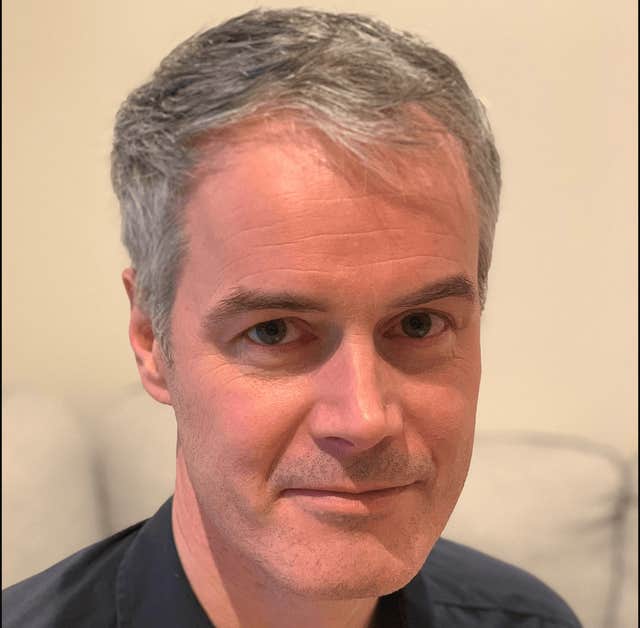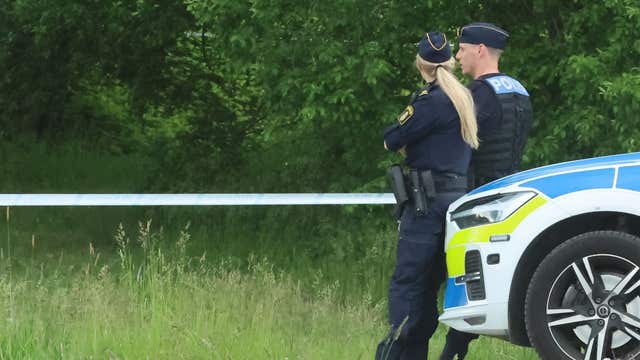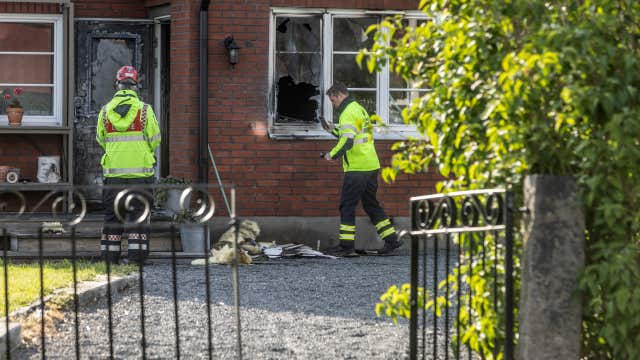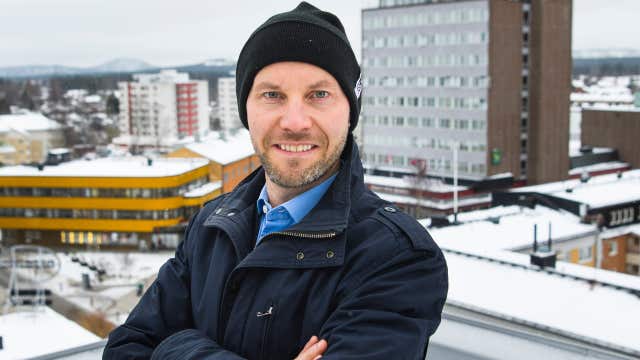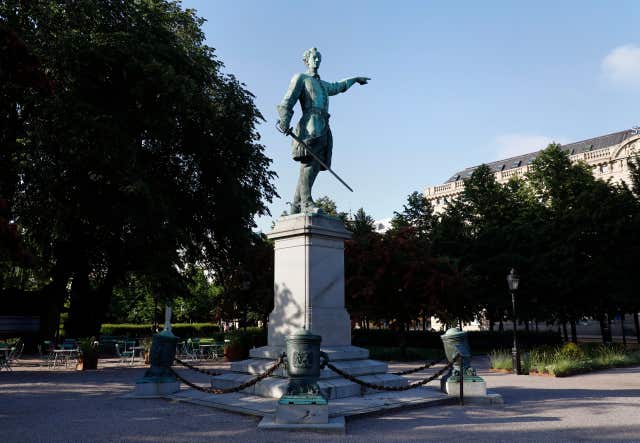Expert: The key question is when Säpo found out about this
Terrorism researcher Magnus Ranstorp is convinced that Säpo knew the information about the minister’s relatives in right-wing extremist circles.
Nevertheless, it took a while before those responsible found out – and the person’s social media accounts were made private.
– When did Säpo find out about this? And how was this communicated to the government offices? That is the core question, says Ranstorp. News, reports and analyses in Sweden and around the world.
A close relative of a government minister has had an active role in the Swedish far right for about a year, reports the anti-racist newspaper Expo.
– The person and the employer were informed by the Security Service, which monitors these environments in various ways. This concerns a person who is not a public figure, says Minister of Justice Gunnar Strömmer in a comment.
A close relative who associates with right-wing extremists is always a security risk. That is according to Marco Nilsson, associate professor of political science at Jönköping University and an expert on extremism.
– For example, there is a risk of being exposed to blackmail in some way, he says, but also talks about political influence.
“These are important questions”
He believes the reason that the connection to several Swedish far-right groups – Aktivklubb Sverige, Det fria Sverige and the Nordic Resistance Movement – has gone under the radar is the Swedish system, which is based on voluntary action.
– Much of these security assessments are based on self-reporting. Anyone who is in the running for a high position is expected to report risks themselves, he says.
Should the minister have told you if he knew?
– Yes, definitely. These are important questions. Even if you don’t consider the risk to be high, it’s important to put all your cards on the table. And when you talk openly, the risk of blackmail decreases, he says.
Expert: Control should be expanded
Should Säpo have independently monitored the relatives’ circles?
– Sure, you can imagine that Säpo could have different routines so that they do more thorough searches, says extremist expert Marco Nilsson.
– It’s up to them. But it would increase the chance of detecting irregularities. It would be useful. But it’s also a question of resources.
Jörgen Holmlund, intelligence and security expert at the Swedish National Defense University, believes that such a check should be carried out, and more broadly than today.
– Säpo must be able to guarantee parliamentary security. It is broader than “case by case”, as it works today. There is greater seriousness, he says.
Ranstorp: The key question is when
Expo reports that they have been monitoring the relative for significantly longer than the Security Service.
The violent left-wing extremist organization AFA also claims to have been monitoring for a long time.
Svenska Dagbladet, however, writes that Säpo knew “before Expo’s publication”. And a person close to the government has previously stated to Expressen that “all security procedures” were followed when the minister found out about the information.
But it is still unclear at what point the information became known to Säpo – whether it was when Expo contacted the minister, or earlier. After Expo contacted the minister’s staff about the relative, the person’s settings were changed and access was restricted.
Despite that, Magnus Ranstorp, terror expert and author, is convinced that Säpo knew.
– The core question is: When did Säpo find out about it? And how was it communicated to the Government Offices’ security department?
– That’s where you can criticize. Why didn’t you raise the issue earlier to those around the government?
Expressen has contacted Gunnar Strömmer, who is responsible for the government. He says through his press secretary that he will not go into “exactly when” the information came.

